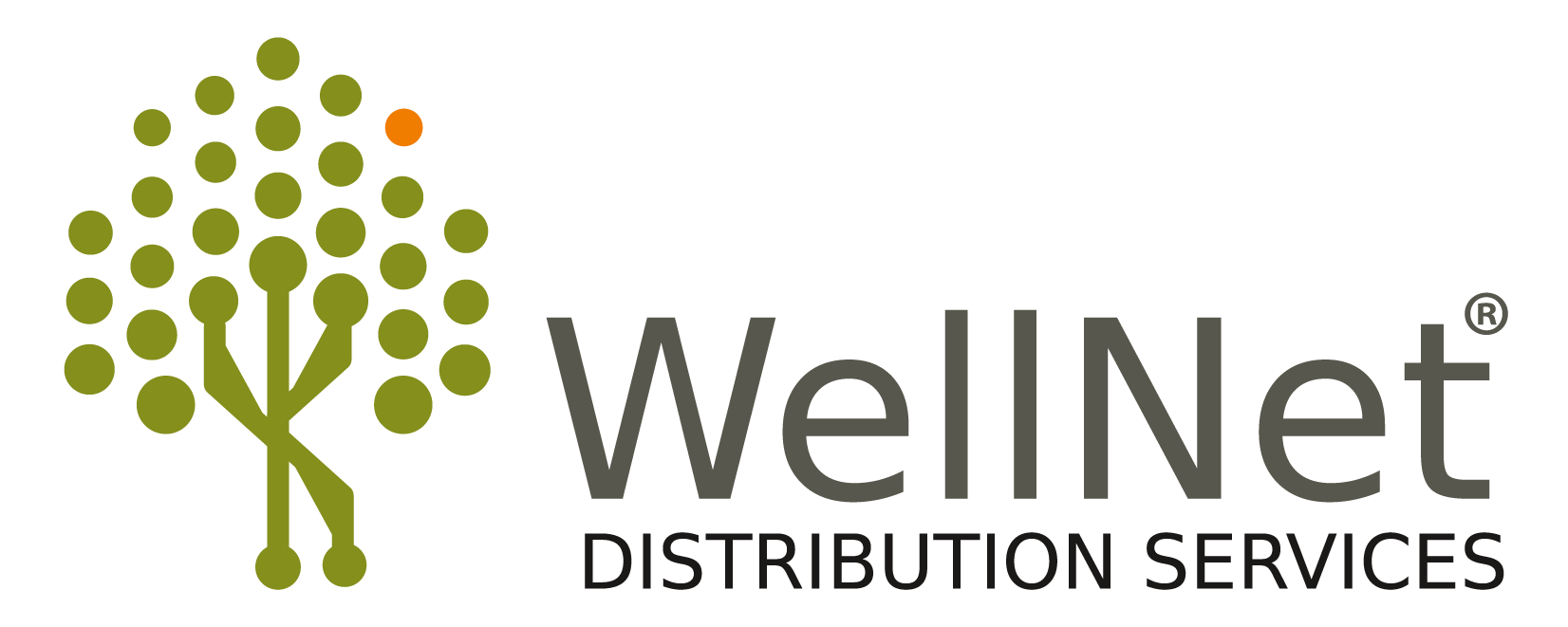Health Tips
At WellNet, we advocate healthy and hygienic living habits. Here are some simple tips to follow in the environments in which you live, eat, work and play to ensure a bacteria free environment and avoid falling ill to bacterial disease.
Home
Change sponges and dishcloths at least once a week.
Wash hands frequently throughout the day and before touching your mouth or face, especially when smoking and eating.
Empty collection bag in vacuum at least once a month.
Clean the can opener after usage as food stains left after opening cans causes bacteria to grow.
Dining
Carry sanitary wipes to clean the tabletop and high chairs where you are seated in restaurants and cafes.
Use hand sanitizer or wash your hands after touching counter tops or table tops.
Food
Always wash fruits and vegetables before consuming them.
Keep cold food cold, keep warm food warm.
Cook ground meat so there is no pink, 160oF.
Keep food preparation areas clean.
Never use a wooden cutting board. It is advisable to use a plastic or glass cutting board. Also don’t use the same cutting boards for meat and vegetables/fruits.
Never use same utensils for raw meat as for vegetables or fruit.
Place cooked meat onto a clean plate after cooking.
Use several small containers rather than one large one so food will cool to the right temperature quickly.
Do not use sponges to clean kitchen surfaces. Use cleaning cloths which can be washed, dried or thrown away, such as paper towel.
Monitor the storage of food for expiration dates and limit storage time after an item is opened.
Monitor the storage of food for expiration dates and limit storage time after an item is opened.
Put food away quickly after a meal; do not allow it to sit out uncovered or grow warm, if it is perishable.
Never lick a spoon or knife and put it back into food container.
Wash your hands before eating, especially finger foods or sandwiches.
Never eat food that has fallen on the floor or ground.
Thoroughly rinse all vegetables and salad items before preparing.
Never eat fruits without washing the skin (apples, grapes) unless the skin can be peeled off (oranges, bananas).
Wash the skin of a melon before slicing it to eat.
Use very hot water to rinse dishes after washing and allow dishes to air dry or dry them with a clean dish towel.
Grocery Shopping
Use antiseptic wipes to clean shopping trolley handles and baskets.
Do not put unwrapped fruits and vegetables in the trolley seat. Diaper-aged children sit in them and accidents can happen.
Gym
Wash your hands thoroughly before and after exercise.
Wipe down the machines, preferably with disinfectant wipes, before and after use.
Bring your own sweat towels. Place one on machines and benches before you sit down to protect yourself. Use the other to blot sweat off your body.
Wash your water bottle by sterilizing your water bottle with boiling water or putting it in the dish washer.
Wipe off your shoes, preferably with disinfectant wipes or leave them outside. Never bring your shoes into your home.
Wear flip-flops when walking in the shower or sauna.
Sit on a towel or wear shorts in the sauna to avoid direct contact with the seating.
Change your sweaty shorts to prevent yeast or bacteria infection.
If you have post-exercise errands to run and can’t shower right away, change into dry underwear and shorts first, then wash up and dry off thoroughly at your opportunity.
Put your sweaty gym gear in the wash immediately upon returning home.
Outdoors and Public Areas
Leave the public drinking fountains running for at least 15 seconds before consuming the water. This is to help wash away contamination as spigots that stay wet are an ideal area to harbor bacteria.
Pull your sleeve over your hands or use a tissue while handling doorknobs to minimize contact with bacteria.
Do not touch escalator handles if you can manage without them.
Do not press lift buttons directly with your fingers. Use an object to press it (like a pen) or your knuckle. If you use your fingers, do not touch your eyes, nose or mouth until you’ve washed your hands (don’t forget to wash your knuckles and back of hands too!).
Public Transportation
If you are sitting next to someone who is sick in the airplane, ask if u can move to another seat as the bacteria from sneezing into the air will continue recycling for hours in the airplane.
Wear gloves whenever possible while handling bus poles or handles. If you touch them without gloves, do not touch your eyes, nose or mouth until you’ve washed your hands.
Try to get a sit in public transportations so you do not need to touch bus poles or handles.
Skin Injuries
If cuts do occur, clean and cover with a dressing.
Keep the dressing dry and clean and change every day.
When minor skin infections do occur, clean, treat with antiseptic ointment, put on a bandage and contact your doctor if it does not heal or becomes worse.
Surgery
Quit smoking a few weeks before and not resume smoking until well healed.
Eat a diet adequate in vitamins, minerals and protein.
Your skin should be scrubbed well before surgery.
Toilet
Close the toilet lid when you flush.
Avoid touching moist surfaces like sink faucets and soap dispensers.
Use a paper towel to turn the water off.
Line the toilet lid with paper before sitting because many people stand on the toilet seat (particularly in Asian countries).
ALWAYS wash your hands thoroughly after using the toilet.
Workplace
Once a day, wipe down your desk, phone, and keyboard with anti-bacterial wipes or cleaners. This is particularly more important if you use a shared computer.
Pull your sleeve over your hands or use a tissue while handling doorknobs to minimize contact with bacteria.
Pour water-apple cider solution through the coffee machine weekly as an effective way to clean and to kill bacteria lurking in it.
Try not to leave food inside desk drawers as the air condition is ideal for bacteria to duplicate.
Personal Hygiene
For effective hands washing, rub hands together with soap for 20 seconds under clear warm running water.
While handling food avoid scratching, or touching the ears, nose, mouth or other body orifices.
Wash hands after covering your mouth/nose for sneezing and coughing.
MOST IMPORTANT TIP: ALWAYS WASH YOUR HANDS THOROUGHLY WITH SOAP AFTER GOING OUT IN PUBLIC.
What to do if you fall sick?
Stay away from others as much as possible to keep from making them sick.
Stay home from work, school, travel, shopping, social events, and public gatherings. Avoid all crowded places.
If you must leave home, for example to get medical care, wear a facemask if you have one, or cover coughs and sneezes with a tissue.
Wash your hands often to keep from spreading flu to others.
Practice proper oral hygiene while eating and never share utensils/cups with others. Make sure all utensils/cups at home are washed with very hot water.
Visit a doctor if you feel worse.
Stay home for at least 24 hours after the fever subsides.
Drink plenty of fluids.
Change your bedsheets as soon as you have recovered.


